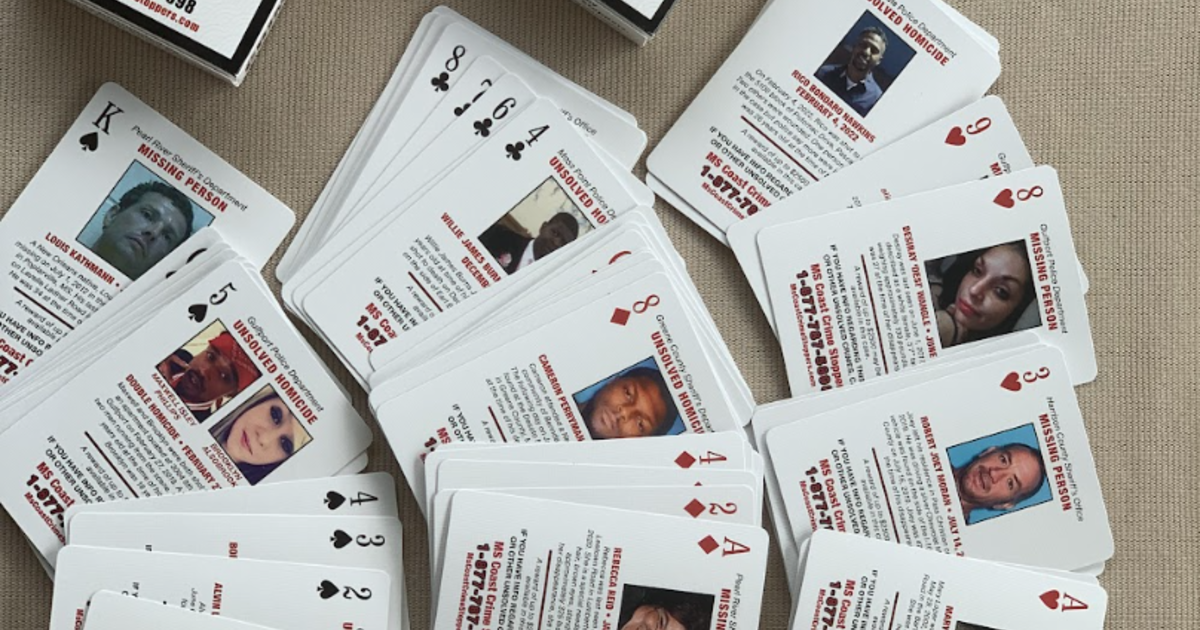Depression, anxiety, suicide increase in teens and young adults, study finds
More American teens and young adults appear to be struggling with mental health issues, and experts believe a number of cultural trends may help explain why. A new study found the percentage of teens and young adults with depression, anxiety and other mental health issues has increased sharply over the past decade. The same pattern was not seen in older adults.
"We found significant increases in major depression, serious psychological distress which includes anxiety and hopelessness and suicidal thoughts and suicide attempts among teens and young adults with smaller, more inconsistent increases among adults age 26 and older," study author Jean Twenge told CBS News. Twenge is a psychology professor and author of the book "iGen: Why Today's Super-Connected Kids Are Growing Up Less Rebellious, More Tolerant, Less Happy — and Completely Unprepared for Adulthood,"
The researchers found the rate of adolescents reporting symptoms consistent with major depression in the last 12 months rose from 8.7 percent in 2005 to 13.2 percent in 2017. In young adults age 18 to 25, it increased from 8.1 percent in 2009 to 13.2 percent in 2017.
The rate of young adults with suicidal thoughts, plans, attempts, and deaths by suicide also increased from 7.0 percent in 2009 to 10.3 percent in 2017.
No significant increase was seen in the percentage of adults age 26 and over experiencing depression or psychological distress during those time periods. There was even a slight decline in psychological distress in people over the age of 65.
For the study, researchers analyzed data from the National Survey on Drug Use and Health, a nationally representative survey that tracks drug and alcohol use, mental health and other health-related issues in individuals age 12 and over. The research was published in the Journal of Abnormal Psychology.
What's causing the increase?
While the researchers didn't study the reasons behind the trend, they have some theories. Twenge says shifting cultural trends over the past decade, including increased use of electronic communications and digital media, may have had a larger effect on mood disorders among younger generations compared with older generations.
"Recently, there's been a number of studies showing that those who spend more time on digital media are more likely to be depressed and unhappy," Twenge said.
For example, she points to a study of nearly 11,000 adolescents in Britain published earlier this year that found those who were heavy users of social media were two to three times more likely to be depressed as those who did not use social media.
Teens are also not getting as much sleep as much as they did in previous generations and spending less face-to-face time with family and friends, both of which have been associated with depression.
Mary Fristad, PhD, Vice Chair and Director of Research & Psychological Services at The Ohio State University Wexner Medical Center, says the study's findings and researchers' conclusions mirror what she sees in her clinical practice.
"I think early and extensive exposure to social media as well as the interruption it can cause in sleep — [for example] being on social media late in the evening, the blue light interferes with falling asleep and alters melatonin production — both can contribute to increased anxiety, depression, and suicidality," she said. Fristad was not involved with the study.
Given that the increase in mental health issues was sharpest after 2011 — a period of economic expansion in the U.S. accompanied by falling unemployment — Twenge believes the trends in mental health are not due to economic woes.
Warning signs of depression
Experts say in light of the findings, parents should educate themselves on the warning signs of depression and get their children help when appropriate.
"Parents need to be aware that this isn't just normal teenage blues or teenage sensitivities, that there are more adolescents who are really suffering from serious mental health issues," Twenge said.
Symptoms of major depression vary from person to person but can include:
- Feelings of sadness, emptiness or hopelessness
- Tiredness and lack of energy
- Outbursts of anger, irritability or frustration, even over small matters
- Anxiety, agitation or restlessness
- Loss of interest or pleasure in most or all normal activities
- Sleep disturbances, such as insomnia or sleeping too much
- Reduced appetite and weight loss or increased cravings for food and weight gain
- Feelings of worthlessness or guilt
- Difficulty thinking and concentrating
In teens additional signs of depression can include poor performance or poor attendance at school, feeling misunderstood and extremely sensitive, using recreational drugs or alcohol, and self-harm.
Health experts also recommend that everyone also familiarize themselves with the warning signs of suicide, which may include:
- A person thinking about or threatening suicide or seeking a way to kill themself
- Increased substance abuse
- Feelings of purposelessness, anxiety, being trapped, or hopeless
- Social isolation and withdrawing from people and activities
- Expressing unusual anger, recklessness, or mood changes
If you believe a loved is at risk of suicide, do not leave him or her alone. Try to get the person to seek help from a doctor or the nearest hospital emergency department or dial 911. It's important to remove access to firearms, medications, or any other potential tools they might use to harm themselves.
For immediate help if you are in a crisis, call the toll-free National Suicide Prevention Lifeline at 1-800-273-TALK (8255), which is available 24 hours a day, 7 days a week. All calls are confidential.
Advice for parents
In addition to knowing the warning signs of depression and suicide, there are other steps parents can take steps to help mitigate the effects digital media may have on teens' mental health.
"We're talking about reasonable limits," Twenge said. "No one is suggesting you take your kids' phones away or give up your own phone. It's a matter of moderation."
A good place to start is with the issues around sleep: "No phones in the bedroom and no looking at your phones within an hour of bed," Twenge said.
Fristad encourages more face-to-face time with family and friends. "Consider nightly, or as often as can be managed, family dinners with a no-phone-at-the-table rule and no-earbuds-in-the-car rule," she said. "These are times to have conversations with each other. Encourage co-curricular activities, part-time job, volunteering, religious youth groups, as well as in-person peer gatherings, focused on 'phones off, friends on.'"
Finally, she notes that encouraging teens to live a healthy lifestyle, including a healthy diet, exercise, and getting enough sleep, can go a long way in improving their mental health.




